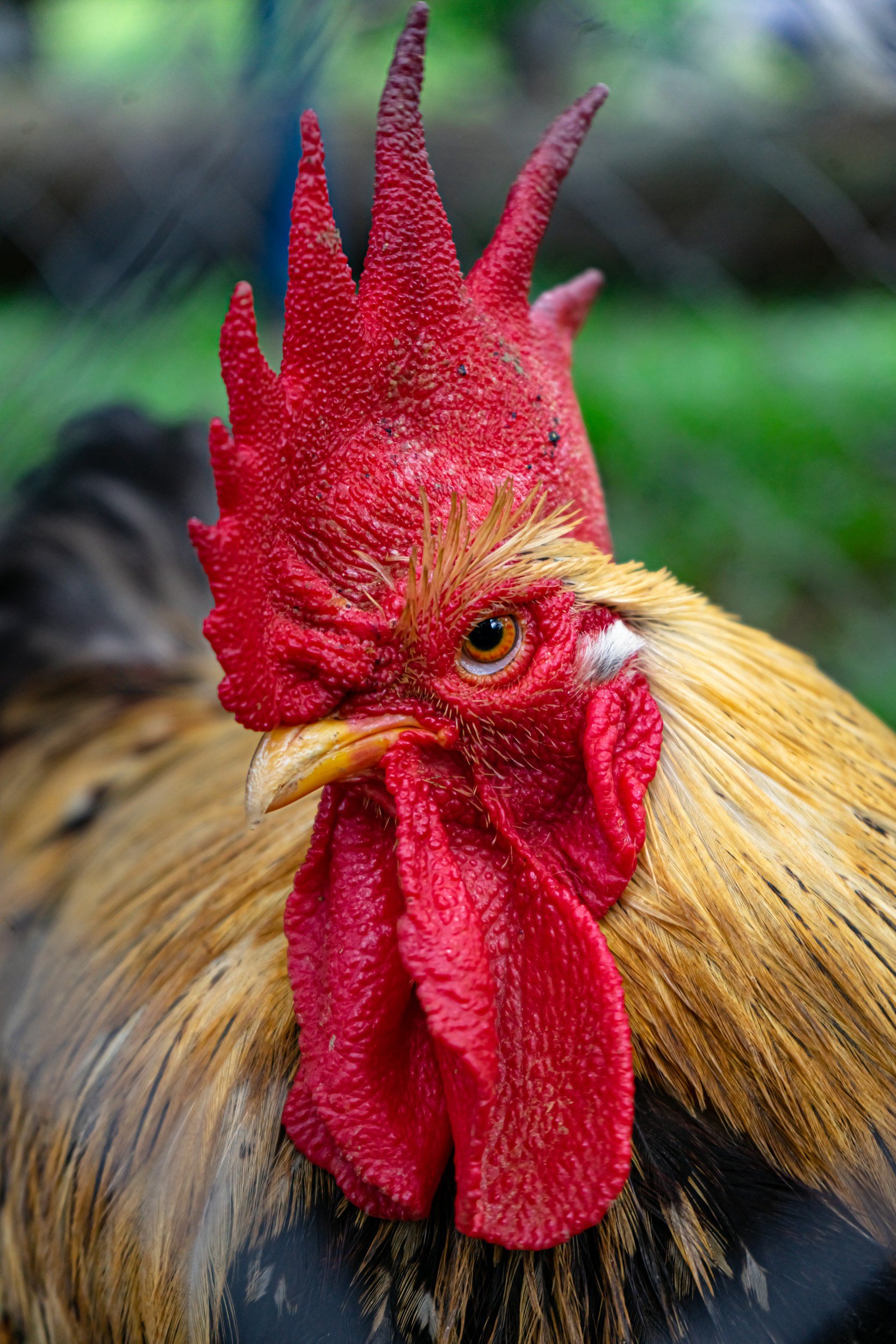Narrative Lectionary Key Verse for Today
“But Hannah answered, “No, my lord, I am a woman deeply troubled; I have drunk neither wine nor strong drink, but I have been pouring out my soul before the Lord. Do not regard your servant as a worthless woman, for I have been speaking out of my great anxiety and vexation all this time.””
NL Daily Devotion for Monday, October 15, 2018
by Daniel D. Maurer, Clergy Stuff
Editor’s note: The tenor of today’s devotion is different from many other devotions on Clergy Stuff. We invite our readers to participate in commenting and dialogue in the comments section below. This is a safe space and all views are heard. Thank you!
We share the responsibility of writing devotions for the Narrative Lectionary here at Clergy Stuff. It’s times like these when I wonder whether one of my female colleagues Dr. Leetch or Rev. Fauth would do a better job at writing than I would with the text that has been assigned to me for today.
This past week has been a difficult one for me. I try to steer clear of too many political outbursts, both in my personal life, but also in my many online personas I have to portray across the internet. It’s very easy to ostracize others nowadays, especially when people so easily pigeonhole themselves to belong to this, that, or the other party. Since I’m also a web developer and website manager, there is one organization from Morris, Minnesota called Unspoken Voices I help out with their blog posts. Since many writers on this blog are woman survivors of sexual assault, I have read their agonizing words and felt their frustrations throughout this past week. Once again, it seems, survivors pleas to be heard and understood have gotten bulldozed by old, white, angry men.
The emotional and partisan bickering with the Kavanaugh hearings has gotten me seriously upset this past week. Mostly because I do not believe that we—as a society—are taking victims seriously. Personally, I believe Dr. Christine Blasey Ford. And my belief (I hope, anyway) has nothing to do with the partisan reasons. I believe her because for anyone to manufacture such evidence and put themselves at such a personal risk as she willingly has is, frankly, unbelievable. Her story holds water, and I believe Brett Kavanaugh acted out of pure misogyny and violence when he was younger. That he cannot or will not confess this, and instead carry on with a temper tantrum, blaming others, is upsetting because we are upholding this person to be a “leader” and a “judge” for us—in the highest court of our nation, no less.
Women have had to endure so much throughout history. Today’s text is a prime example. Eli, while although a prophet, assumed that Hannah was drunk, while she was only praying and visibly upset. Then, beyond this, there is the “natural” assumption (even she herself had been upset about this) that Hannah needed to bear children to have value in society.
Perhaps we as a country need to go through painful lessons such as these to eventually learn that—male or female, gay or straight, white or black, rich or poor—every human being has value, and that justice and accountability applies to all, regardless of “who” they think they are.
The witness of scripture has something to say to all of us: namely, that patriarchy and misogyny have existed for millennia. But, more importantly, that the human custom of placing certain people in boxes to exploit and abuse has a vehement and outspoken opponent, Jesus of Nazareth. When a crowd of angry men turned to Jesus to ask him what to do with an “immoral woman,” Jesus turned the judgment and accusations around instead back to the men who so eagerly wished to control all women for their own purposes.
At the time of of writing this devotion, the jury’s still out on whether or not Brett Kavanaugh will be confirmed. My hope and prayer is that men will begin to take women seriously. When she says no, she means no. And when she says, “This happened” it really happened. That—unlike Eli—we won’t first assume, “Oh, it’s just a hysterical, drunk woman.”
Perhaps then we’ll see a bit more of heaven, here on earth, where people simply respect people, all people. And a place where past injustices aren’t brushed under the rug, because “it was so long ago” and “he’s such a nice guy.”
Narrative Lectionary Daily Reading:
1 Samuel 1:1-28
There was a certain man of Ramathaim, a Zuphite from the hill country of Ephraim, whose name was Elkanah son of Jeroham son of Elihu son of Tohu son of Zuph, an Ephraimite. He had two wives; the name of the one was Hannah, and the name of the other Peninnah. Peninnah had children, but Hannah had no children. Now this man used to go up year by year from his town to worship and to sacrifice to the Lordof hosts at Shiloh, where the two sons of Eli, Hophni and Phinehas, were priests of the Lord. On the day when Elkanah sacrificed, he would give portions to his wife Peninnah and to all her sons and daughters; but to Hannah he gave a double portion, because he loved her, though the Lord had closed her womb. Her rival used to provoke her severely, to irritate her, because the Lord had closed her womb. So it went on year by year; as often as she went up to the house of the Lord, she used to provoke her. Therefore Hannah wept and would not eat. Her husband Elkanah said to her, “Hannah, why do you weep? Why do you not eat? Why is your heart sad? Am I not more to you than ten sons?”
After they had eaten and drunk at Shiloh, Hannah rose and presented herself before the Lord. Now Eli the priest was sitting on the seat beside the doorpost of the temple of the Lord. She was deeply distressed and prayed to the Lord, and wept bitterly.She made this vow: “O Lord of hosts, if only you will look on the misery of your servant, and remember me, and not forget your servant, but will give to your servant a male child, then I will set him before you as a nazirite until the day of his death. He shall drink neither wine nor intoxicants, and no razor shall touch his head.” As she continued praying before the Lord, Eli observed her mouth. Hannah was praying silently; only her lips moved, but her voice was not heard; therefore Eli thought she was drunk. So Eli said to her, “How long will you make a drunken spectacle of yourself? Put away your wine.” But Hannah answered, “No, my lord, I am a woman deeply troubled; I have drunk neither wine nor strong drink, but I have been pouring out my soul before the Lord. Do not regard your servant as a worthless woman, for I have been speaking out of my great anxiety and vexation all this time.” Then Eli answered, “Go in peace; the God of Israel grant the petition you have made to him.”And she said, “Let your servant find favor in your sight.” Then the woman went to her quarters, ate and drank with her husband, and her countenance was sad no longer.
They rose early in the morning and worshiped before the Lord; then they went back to their house at Ramah. Elkanah knew his wife Hannah, and the Lord remembered her. In due time Hannah conceived and bore a son. She named him Samuel, for she said, “I have asked him of the Lord.” The man Elkanah and all his household went up to offer to the Lord the yearly sacrifice, and to pay his vow. But Hannah did not go up, for she said to her husband, “As soon as the child is weaned, I will bring him, that he may appear in the presence of the Lord, and remain there forever; I will offer him as a nazirite for all time.” Her husband Elkanah said to her, “Do what seems best to you, wait until you have weaned him; only—may the Lord establish his word.” So the woman remained and nursed her son, until she weaned him. When she had weaned him, she took him up with her, along with a three-year-old bull, an ephah of flour, and a skin of wine. She brought him to the house of the Lord at Shiloh; and the child was young. Then they slaughtered the bull, and they brought the child to Eli. And she said, “Oh, my lord! As you live, my lord, I am the woman who was standing here in your presence, praying to the Lord. For this child I prayed; and the Lord has granted me the petition that I made to him. Therefore I have lent him to the Lord; as long as he lives, he is given to the Lord.” She left him there for the Lord.
Related & Recent Posts
An
Exceptional
People
Blog Posts
SIGN UP NOW






